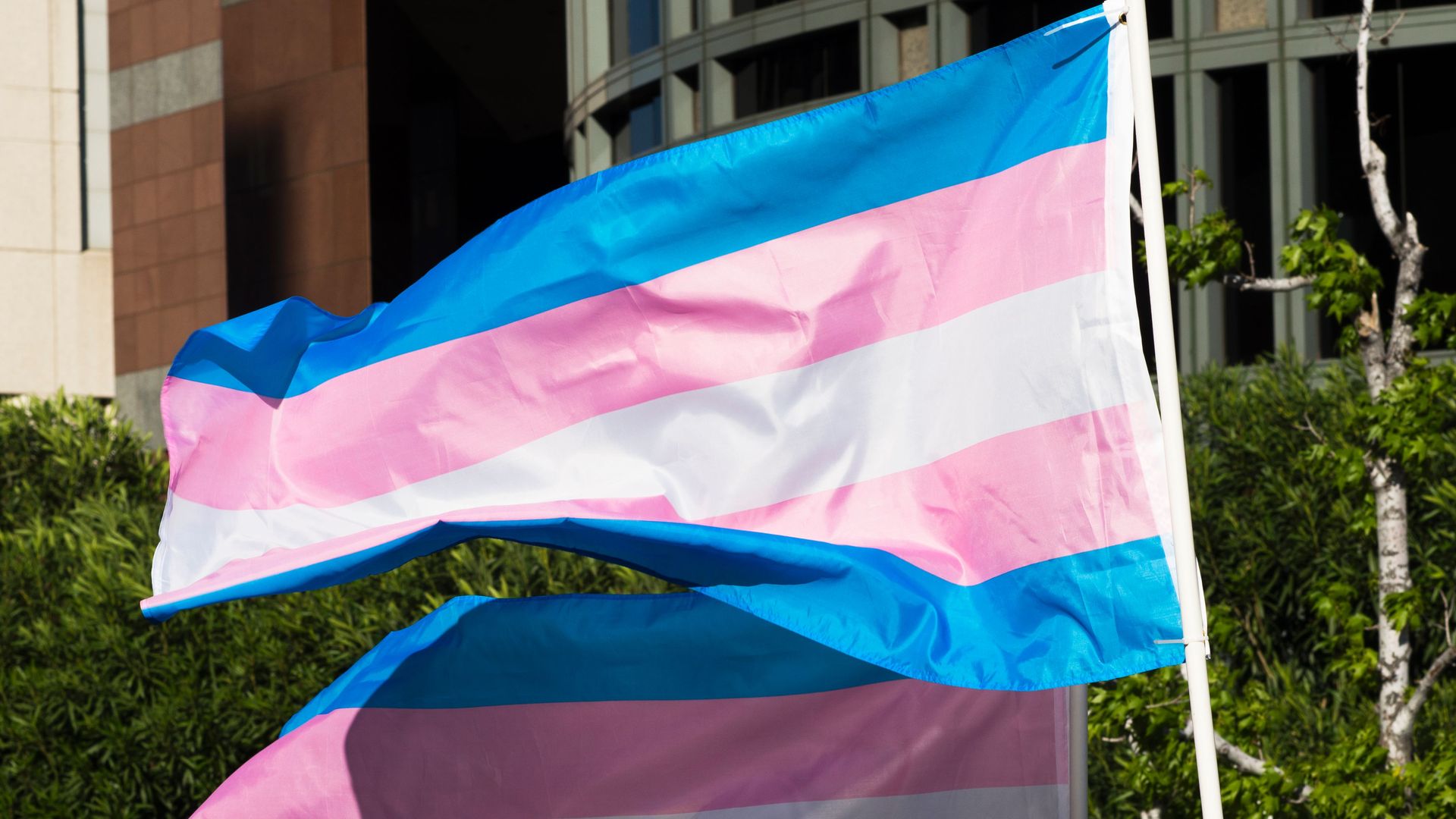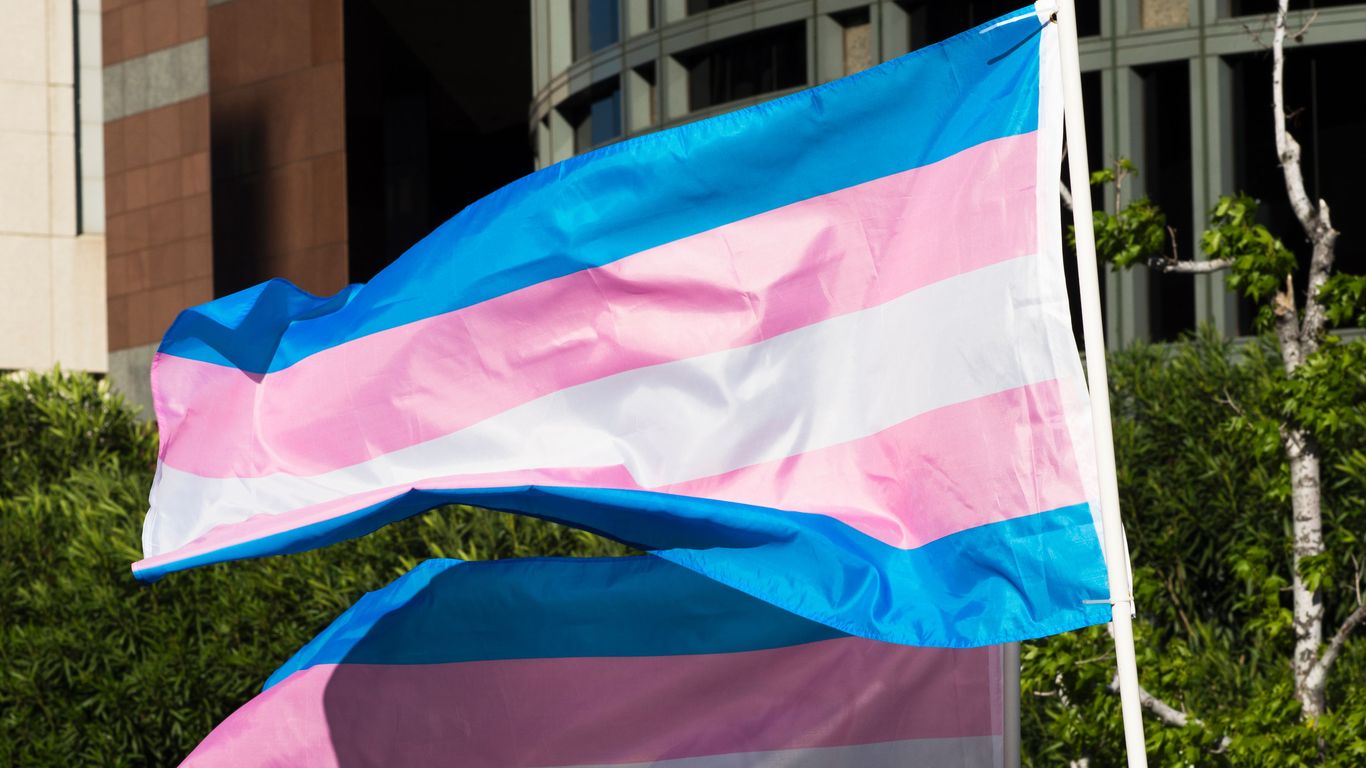
In a landmark decision, the U.S. Court of Appeals for the 4th Circuit ruled that state health-care plans in North Carolina and West Virginia cannot exclude coverage for gender-affirming surgeries and care for transgender individuals with government-sponsored insurance. This marks the first ruling of its kind in the country, as both states had argued their policies were based on cost concerns.
The decision came from a set of cases out of North Carolina and West Virginia, where state officials argued that their policies were not discriminatory but rather rooted in legitimate government interests. However, the court rejected this argument and ruled that the coverage exclusions facially discriminate on the basis of sex and gender identity.
The ruling is a significant victory for transgender rights amid a nationwide wave of anti-trans activism and legislation. Transgender individuals have faced discrimination in accessing healthcare services, including denial or limited coverage for gender-affirming care. The court's decision will save lives by ensuring that transgender individuals receive the necessary medical care to live authentically and improve their overall wellbeing.
The cost of treatment is not a sufficient argument to support upholding a policy found to be discriminatory. Transgender individuals, like all people, deserve access to comprehensive healthcare coverage without facing discrimination based on their gender identity.
Plaintiffs in the case included Shauntae Anderson from West Virginia and other transgender individuals who have faced denial or limited coverage for gender-affirming care under their state's Medicaid programs. Anderson called her state's refusal to cover her care deeply dehumanizing.
The ruling is likely to be appealed to the U.S. Supreme Court, but it sets a strong precedent for transgender rights and access to healthcare services in the United States.



